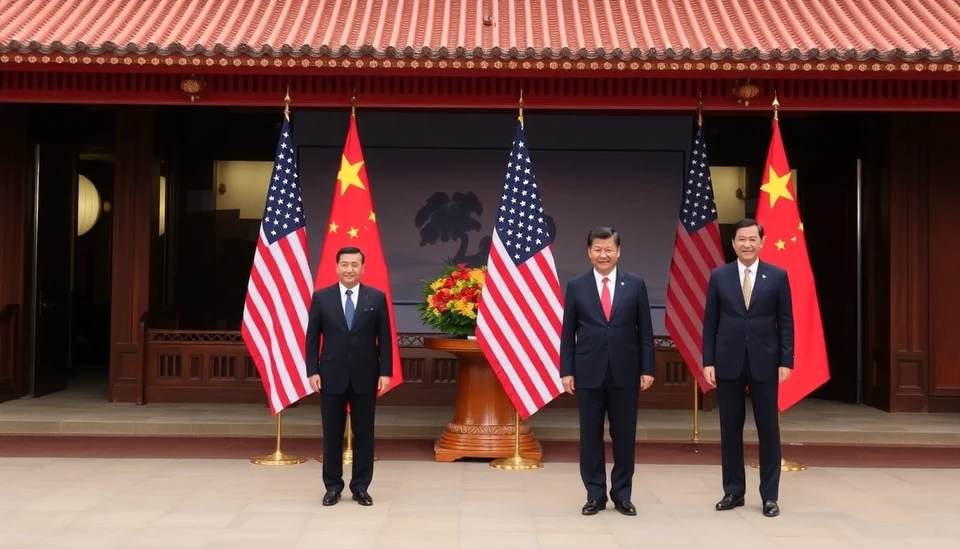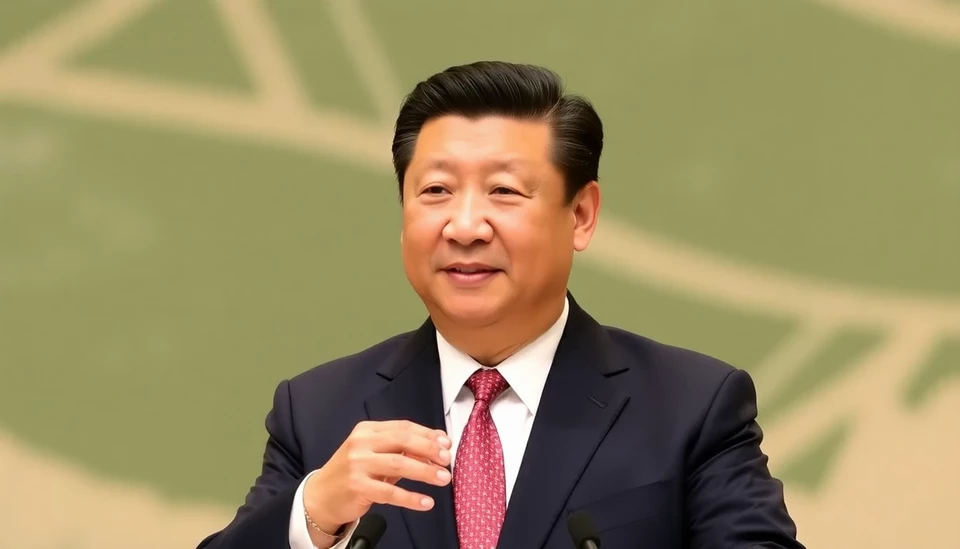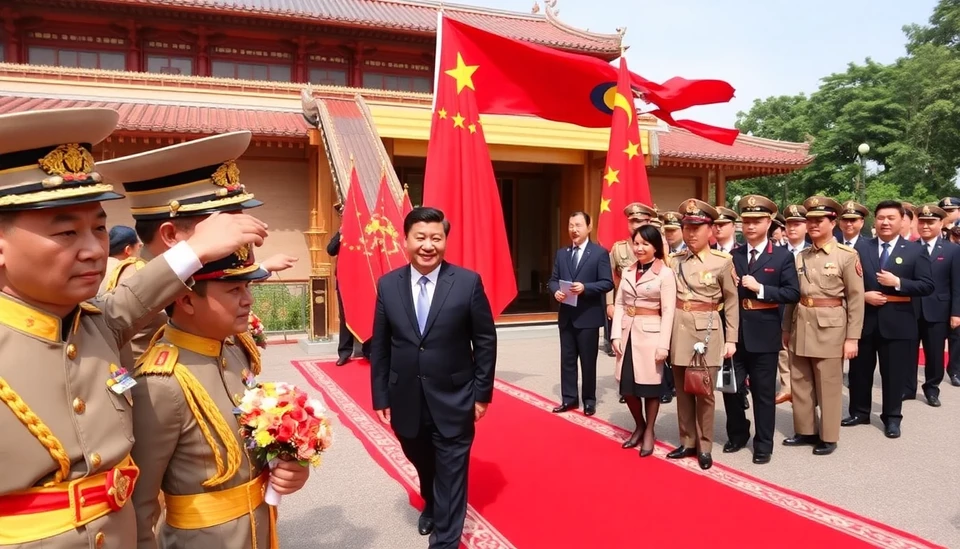
In a significant geopolitical development, Chinese President Xi Jinping is set to embark on a diplomatic tour of Southeast Asia this coming week. This move comes at a time when tensions are escalating between the United States and China over trade policies, particularly with former President Donald Trump ramping up tariff rates on various Chinese goods.
President Xi's visit aims to strengthen ties with countries in the region and to bolster China's influence in Southeast Asia, which has become a focal point for both economic collaboration and strategic rivalry in the wake of rising tensions with the West. Analysts believe that Xi's travels could lead to the formation of new trade agreements that may counterbalance the effects of U.S. tariffs on Chinese exports.
The backdrop of this diplomatic mission is the ongoing trade war ignited during Trump's administration, where tariffs have been a significant tool used to address what the U.S. calls unfair trade practices by China. Trump's recent stringent approach has included a substantial increase in tariffs, impacting a broad spectrum of products ranging from electronics to agricultural goods, prompting retaliatory measures from Beijing.
Xi's agenda during his Southeast Asian tour is expected to include meetings with top leaders from several countries, where he is anticipated to discuss a variety of topics, including regional economic integration, infrastructure investment, and enhanced bilateral trade relations. His government is particularly keen on promoting initiatives like the Belt and Road Initiative, which seeks to expand China’s market presence and investment across Asia.
Experts suggest that this visit could serve as a platform for Xi to showcase China's commitment to fostering a stable and prosperous Southeast Asia, countering any negative perceptions stemming from the ongoing tariff spat. It is also viewed as a calculated move to cement alliances in a region that has seen increasing influence from the United States, especially with its pivot to Asia in recent years.
While the location and dates of Xi's meetings have not been fully disclosed, it is expected that his interactions will be closely scrutinized by international observers, who are keen to gauge how these diplomatic efforts might shape the future landscape of trade in the region and further impact the ongoing economic rivalry with the United States.
As the situation develops, many will be watching to see how Southeast Asian countries navigate their relationships with both China and the United States, especially in light of the critical economic ties they maintain with these two global powers.
In conclusion, Xi Jinping's upcoming visit highlights a pivotal moment in regional diplomacy and trade dynamics, underscoring the intricacies of international relations amidst the backdrop of a sustained tariff battle. The outcomes of this journey could have lasting implications not just for bilateral ties with individual nations, but for the overall economic landscape in Southeast Asia.
#XiJinping #SoutheastAsia #TradeWar #Trump #Tariffs #BeltAndRoad #China #USRelations
Author: Laura Mitchell




